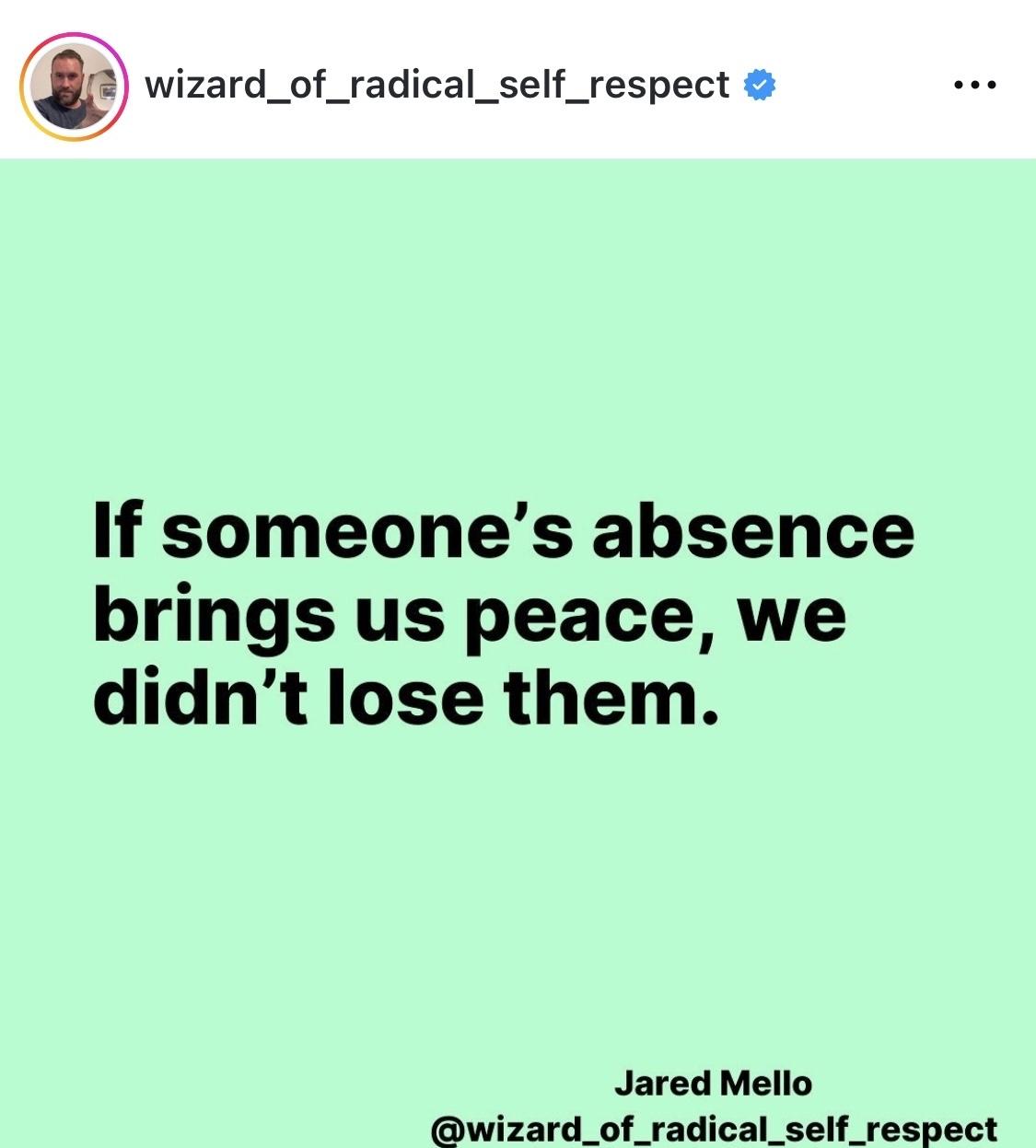Recognizing the signs of a toxic relationship is a crucial step towards safeguarding your emotional well-being and reclaiming your personal power. In a world where relationships form the cornerstone of our lives, distinguishing between healthy and harmful dynamics is essential. This guide is designed to equip you with the knowledge and confidence to identify the subtle and overt indicators of toxicity in your relationships. By understanding these signs, you can take proactive steps to address the issues or, if necessary, make the difficult decision to walk away. Embrace this journey with an open mind and a resolute spirit, as we delve into the telltale signs that may reveal when a relationship is doing more harm than good.
Identifying Red Flags in Your Relationship
It’s crucial to stay vigilant for signs that your relationship might be veering into toxic territory. Emotional manipulation often manifests subtly, leaving you doubting your own perceptions and feelings. If you find yourself constantly questioning your worth or feeling guilty without a clear reason, these could be indicators of a deeper issue. A healthy partnership should uplift you, not weigh you down with undue stress or anxiety.
- Lack of Communication: If your partner shuts down discussions or refuses to talk about important issues, this can hinder relationship growth.
- Control and Isolation: Attempts to control your actions, decisions, or social circles are major red flags.
- Frequent Criticism: Constant negative remarks about your behavior, appearance, or choices can erode self-esteem.
- Jealousy and Possessiveness: While some jealousy can be normal, excessive possessiveness is unhealthy.
- Disrespectful Behavior: Any form of disrespect, whether verbal or non-verbal, should not be tolerated.
Recognizing these signs early can empower you to make informed decisions about your relationship’s future. Trust your instincts and prioritize your well-being.
Understanding the Emotional Impact of Toxic Dynamics
Recognizing the emotional impact of a toxic relationship is crucial for your mental well-being. Toxic dynamics can subtly infiltrate your life, leaving you feeling drained and emotionally vulnerable. These relationships often manifest through patterns of manipulation, control, and emotional abuse, which can lead to a cycle of self-doubt and confusion. It’s important to identify these emotional signs early on, as they can significantly affect your self-esteem and overall mental health.
- Constant Criticism: Frequent belittling or demeaning comments can erode your self-worth over time.
- Emotional Exhaustion: Feeling perpetually drained and overwhelmed is a common indicator.
- Isolation: You may find yourself increasingly isolated from friends and family.
- Walking on Eggshells: Constantly worrying about upsetting your partner can be emotionally taxing.
- Gaslighting: Doubting your own perceptions and feelings due to manipulative behavior.
Understanding these signs is the first step towards regaining control over your emotional health. By acknowledging the impact of these dynamics, you empower yourself to seek healthier relationships and environments. Remember, you deserve to be treated with respect and kindness, free from emotional turmoil.
Effective Strategies to Address Toxic Behaviors
When facing detrimental behaviors in a relationship, it’s essential to adopt effective strategies that prioritize emotional health and foster positive change. Communication is a cornerstone; addressing toxic behavior requires honest and direct conversations. Encourage an open dialogue where both parties feel safe to express their feelings without fear of retaliation. It’s vital to set clear boundaries and communicate these boundaries consistently to prevent the perpetuation of harmful patterns.
Self-care and support networks play a crucial role in managing toxic dynamics. Prioritize activities that nurture your mental and physical well-being. Surround yourself with a supportive community, whether friends, family, or support groups, who can provide perspective and encouragement. Consider professional guidance, such as therapy or counseling, to gain deeper insights and coping strategies. Remember, the goal is to create a healthier, more balanced environment, whether that means improving the relationship or making the difficult decision to move on.
- Engage in honest and open communication.
- Establish and uphold personal boundaries.
- Invest in self-care practices.
- Seek support from trusted individuals or professionals.
Seeking Support and Building Healthier Connections
Recognizing the signs of a toxic relationship can be challenging, especially when emotions are involved. However, identifying these signs is the first step toward . Look out for these key indicators:
- Constant Criticism: If you find yourself consistently on the receiving end of harsh or belittling comments, it could be a sign of a toxic dynamic.
- Isolation: Toxic partners often attempt to isolate you from friends and family, making you more dependent on them.
- Emotional Manipulation: Be wary of partners who frequently use guilt or manipulation to control your actions and decisions.
- Lack of Trust: A relationship devoid of trust, where jealousy and suspicion are rampant, can be harmful to your well-being.
Taking the courage to address these issues is crucial. Reach out to trusted friends or mental health professionals who can offer guidance and support. Remember, everyone deserves relationships that uplift and nurture their spirit. Recognizing the toxicity is empowering, paving the way for healthier, more fulfilling connections.




